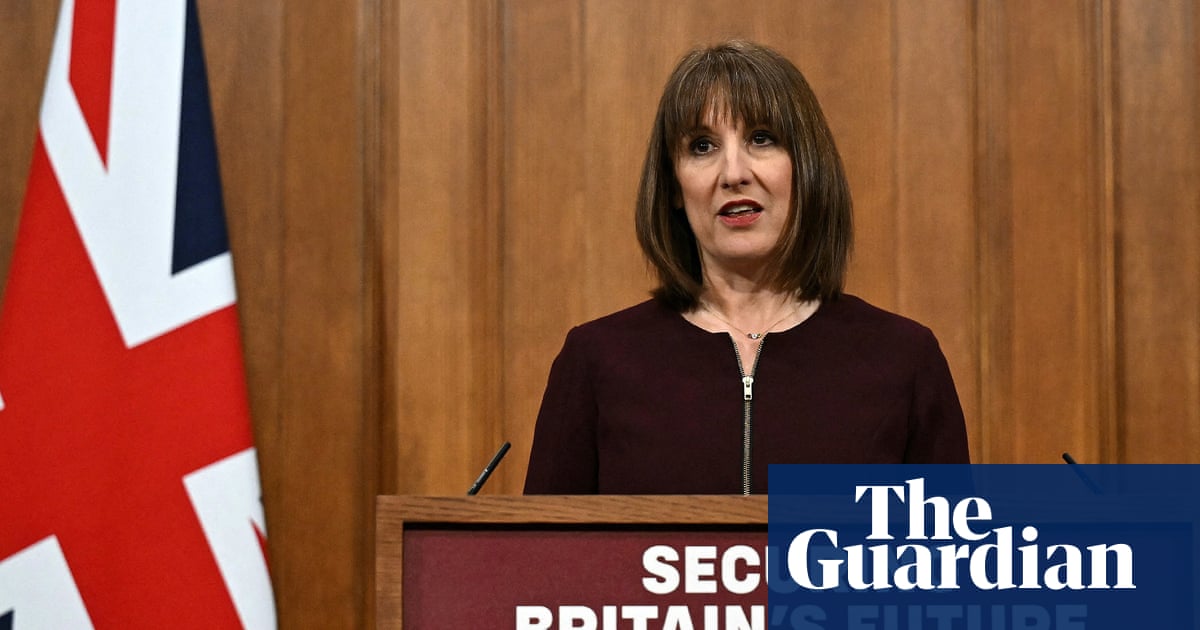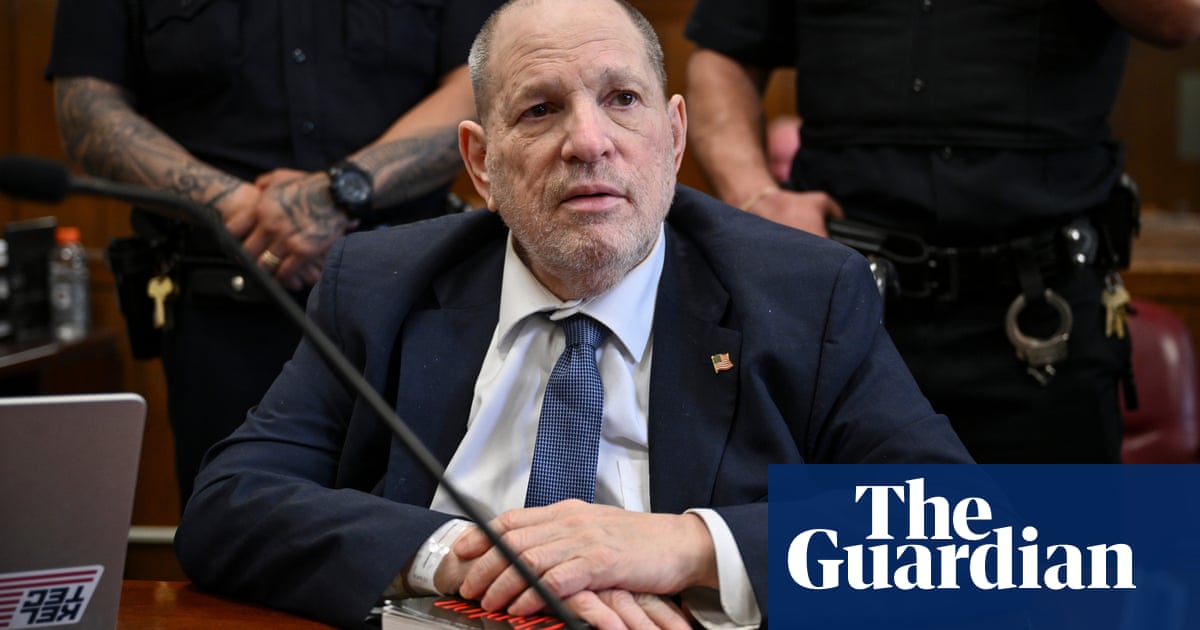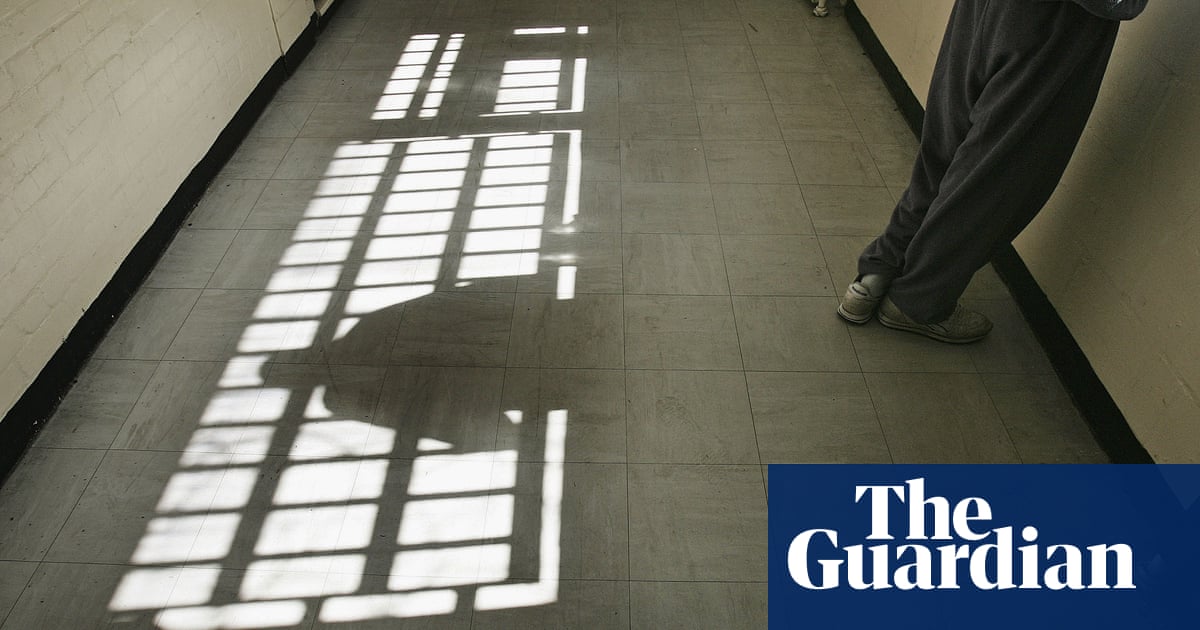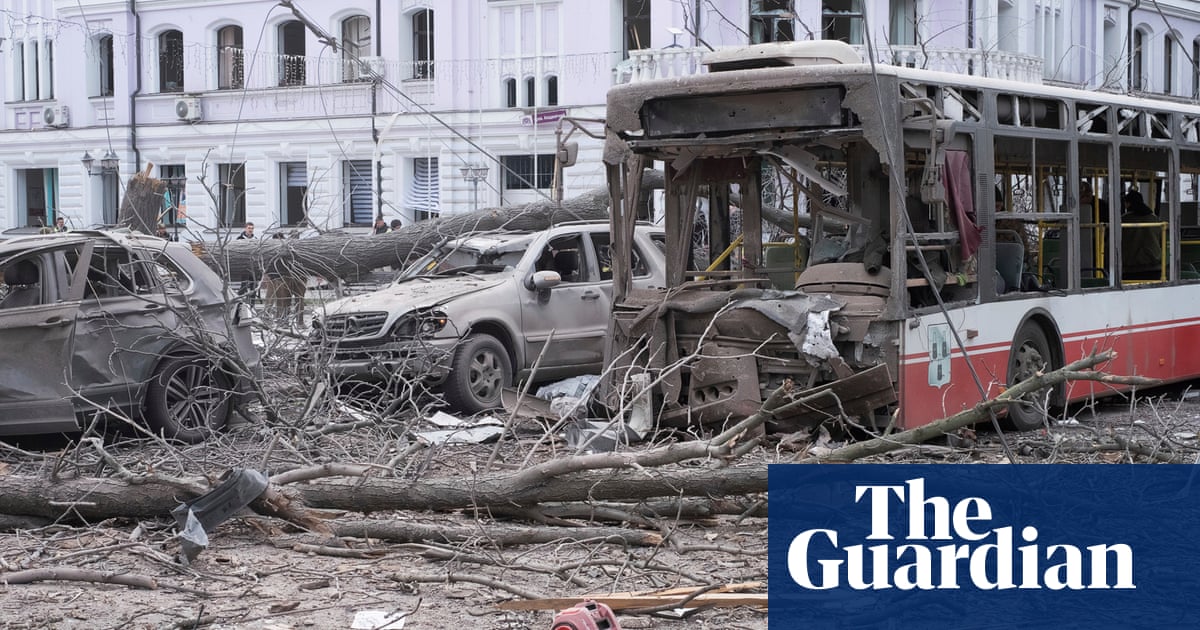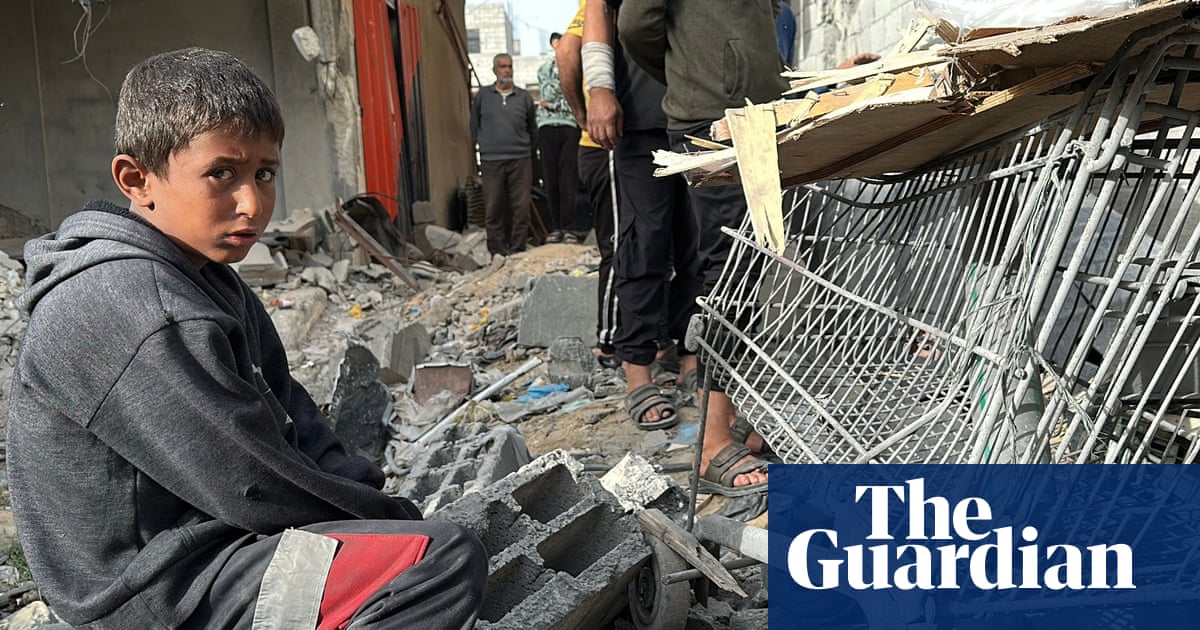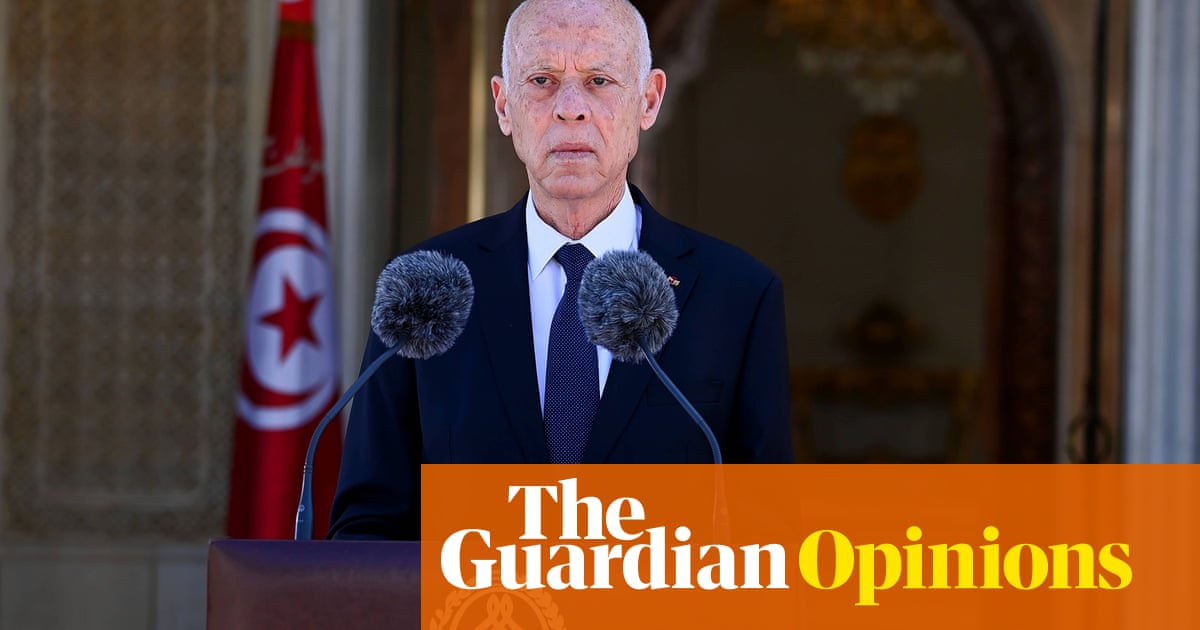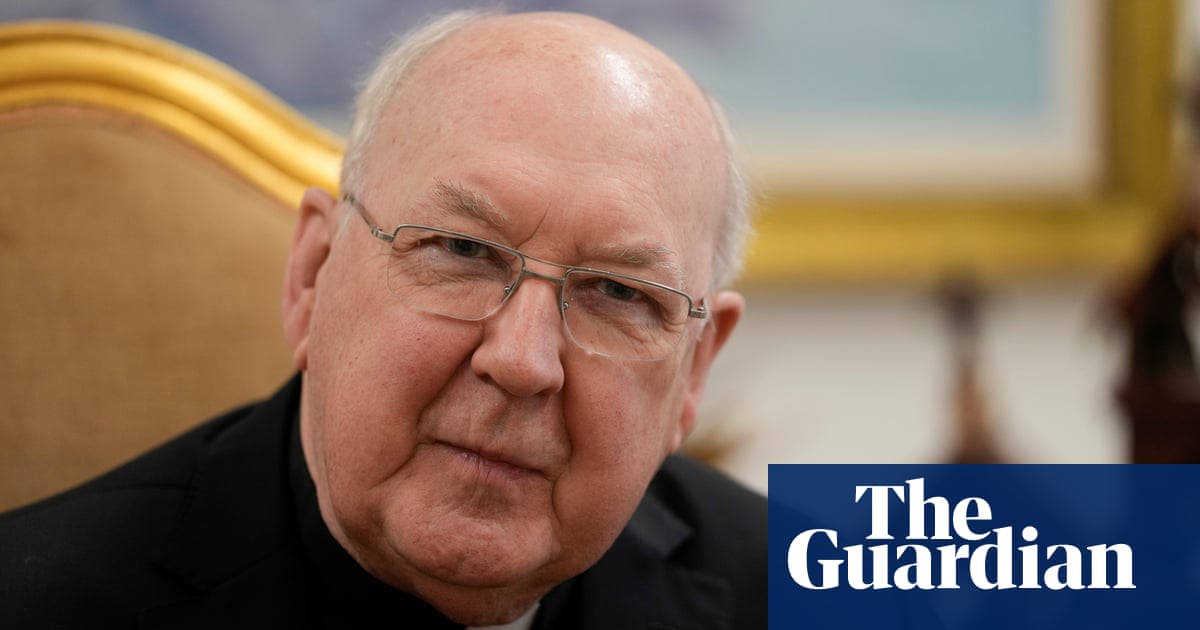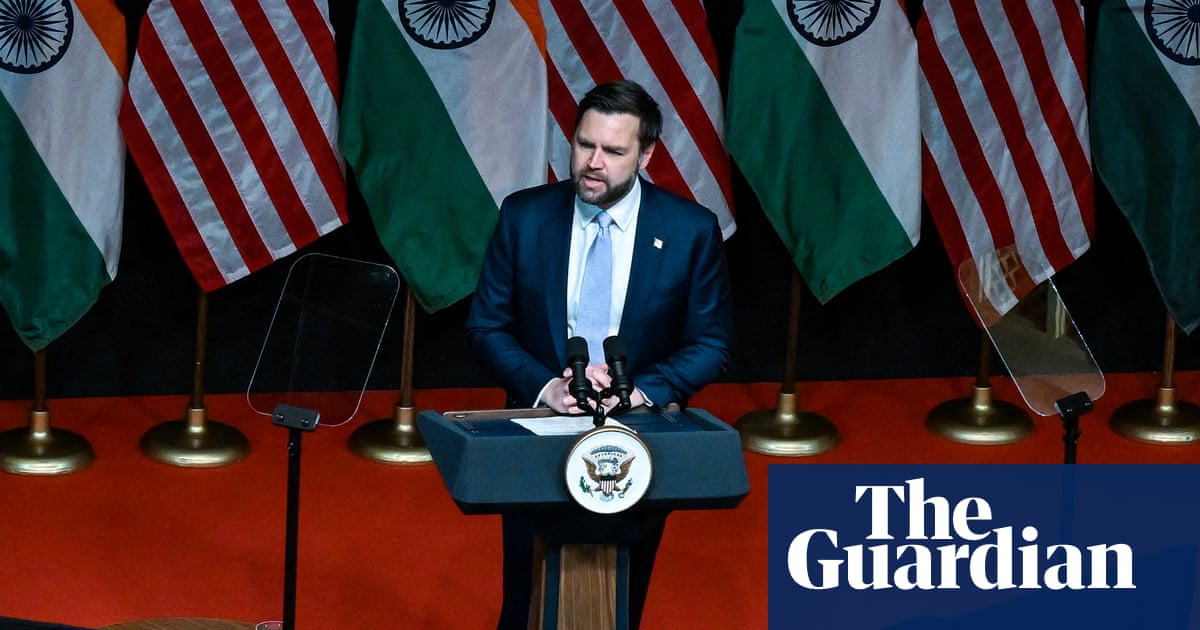The mosque used to announce a death in the Lebanese village of Dhayra. The mournful call would ring loud enough that relatives on the other side of the cement border wall, in the Israeli town of Arab al-Aramshe, would be able to hear it – and prepare.
Two days later, the residents of Dhayra and Arab al-Aramshe would gather at the graveyard, separated by barbed wire. It was the only chance for the Bedouin families, whose village is split by the Israeli and Lebanese border, to meet and check up on one another. The two countries have intermittently been at war since the 1980s, and in Lebanon speaking to people inside Israel, relative or not, is against the law.
On Monday, Dhayra’s mosque issued no funeral announcement – the building had been destroyed by Israel months earlier. Mourners gathered at an alternative cemetery; the one closer to the border had been ripped up by Israeli bulldozers. There were no family members in attendance on the Israeli side of the border; instead a row of Israeli soldiers watched the funeral procession silently from a gap in the fence.
The funeral occurred a day after the expiration of the 60-day deadline for Israeli forces to withdraw from southern Lebanon under a November ceasefire agreement.
In Dhayra, and most other border villages in south-west Lebanon, Israeli soldiers had left. Others remained in several south-eastern border villages after the Israeli prime minister, Benjamin Netanyahu, said Lebanon had not yet fulfilled its obligations under the ceasefire deal – a claim the Lebanese government denied.
On Sunday and Monday, convoys of civilians headed towards eastern border villages to protest against the Israeli soldiers’ continued presence. They were met with bullets, with the Israeli army killing 26 and wounding more than 151 people. Late on Sunday night, the White House, which brokered the ceasefire deal, announced that the deadline for Israeli forces to withdraw from south Lebanon had been extended until 18 February.

Since Hezbollah launched rockets at north Israel on 8 October 2023 “in solidarity” with Hamas’s attack on Israel a day earlier, Israel has sought to push Hezbollah back from its northern border. Under the terms of the November ceasefire deal, which sought to end Israel-Hezbollah fighting, the Lebanese militia is meant to move all of its fighters and military infrastructure north of the Litani River which sits about 18 miles from the shared border.
Lebanon’s army has deployed in the south of the country to reassert state control over the area and monitor any ceasefire violations – a process that Israel claimed has not yet been completed.
In Dhayra, the townspeople had returned to bury two of their own, both killed by Israel months earlier. Wiam Sweid, a Lebanese soldier killed by an Israeli drone on his way home in October, and his father’s cousin, Ghedia Sweid, an 80-year-old woman who was the sole villager who refused to leave when Israeli soldiers invaded south Lebanon on 1 October.
Wiam Sweid’s body was exhumed on Sunday from a temporary grave in the Lebanese city of Tyre, where he was buried alongside dozens of others waiting for Israeli soldiers to leave south Lebanon so that they could be buried in their home towns. Ghedia Sweid’s withered body was found underneath rubble on Sunday, when the residents of Dhayra returned to their homes just hours after Israeli soldiers withdrew.
“Judging from her body, she had been killed a month or two ago. We all told her to leave, but she was stubborn,” said Ali Sweid, the father of Wiam. The elderly woman had been killed after an Israeli airstrike hit a neighbouring building, the force of the blast throwing her into a wall.
The villagers were not only mourning the loss of their loved ones, but of their homes. Almost all of the 2,000 residents had left Dhayra in October 2023, after a massive Israeli white phosphorus attack – called a possible war crime by Amnesty International – chased them out.
They returned on Sunday to find their village unrecognisable. Not a single building remained standing in Dhayra.
The main route leading to the town had been stripped of its asphalt and turned into a dirt road, and bore deep furrows dug by Israeli tank treads. Houses leading to Dhayra were defaced by Hebrew graffiti. “The Jews are coming,” one read, a Star of David spray-painted above the message. Unit names were tagged on walls, discarded artillery canisters littering the ground in front of them.

Olive trees, a main source of livelihood for the agrarian town, had been burnt, cut and uprooted by the Israeli military.
“The whole time I had been dreaming of having a cup of coffee and smoking a cigarette on my son’s veranda. Now it’s gone. If only I had died so that I didn’t have to see my home like this,” said Um Oday, a resident of Dhayra.
In late October, the Israeli army published videos of a controlled demolition of the village – razing most of the settlement to the ground. It conducted similar operations in at least a dozen villages near the Lebanese-Israeli border, with the latest controlled demolition carried out on Saturday night, just a few hours before the Israeli army was supposed to withdraw from south Lebanon in entirety.
The remote detonations have come under criticism from rights groups, who have said the practice, similar to what Israel did in Gaza, renders the areas uninhabitable.
“Tens of thousands of houses have been partially or fully destroyed, and civilian infrastructure is badly damaged, which will critically impact the ability of people to return and live in those villages,” said Ramzi Kaiss, Human Rights Watch’s Lebanon researcher.
As Dhayra’s residents sat by the ruins of their homes, cars passed through the village waving Hezbollah’s flag. Young men on dirt-bikes roared by, popping wheelies as they went.
“We didn’t want this war; we were dragged into it. We didn’t want to stand for Gaza, or for Syria. We are Lebanese, we just want the army and state,” Sabrina Fanash, a 37-year-old dental assistant, said as she eyed the motorcycles driving by.
The residents of Dhayra, a Sunni town, are generally not supportive of Hezbollah. Nonetheless, the town was used as a staging ground for attacks on the Israeli border by the Lebanese militia from the very beginning of the Hezbollah-Israel war on 8 October 2023.
Hearing Fanash’s comments, another resident rephrased the sentiment more succinctly.
“We ate shit in this war. God have mercy on us,” Sari Abu Sari said, smoking shisha out of a hookah he had just fished out from the rubble of a destroyed home.

.png) 2 months ago
23
2 months ago
23


